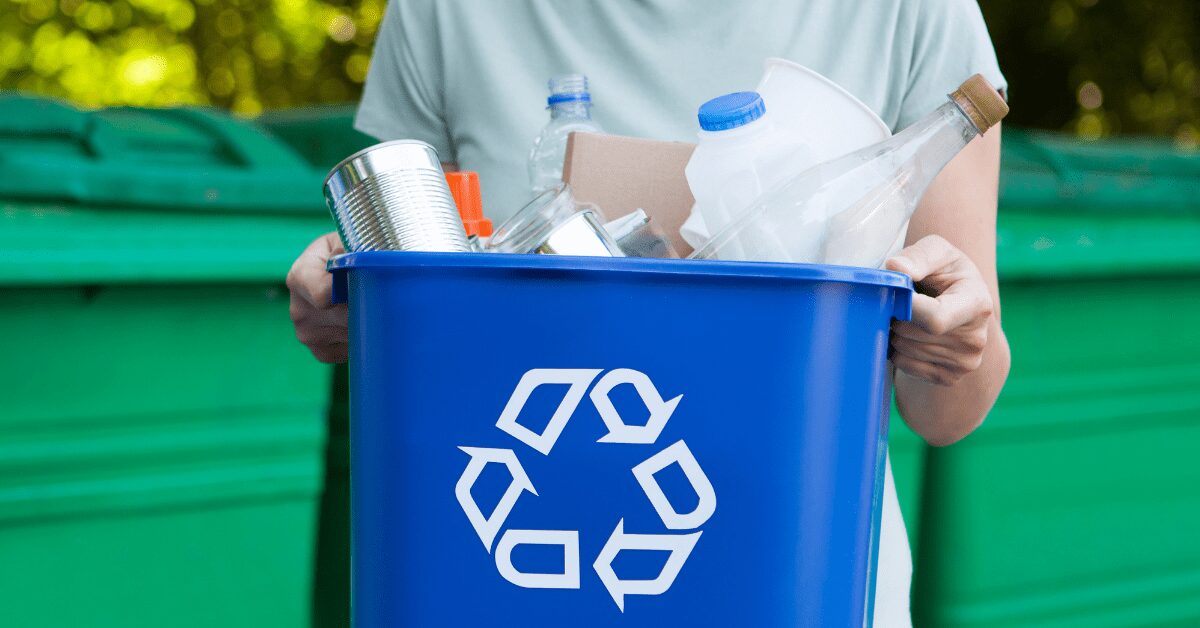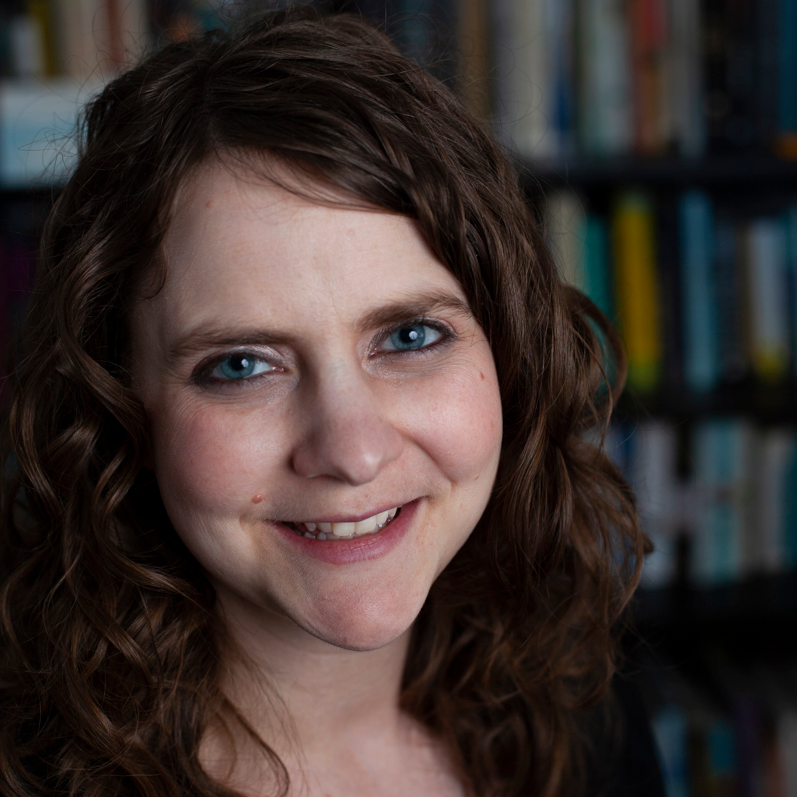I grew up in the age of blue box recycling bins. Almost every classroom in school had a blue box. Throwing away paper felt like a crime! In high school, I remember seeing bins specifically designed not only for paper but also for plastic bottles and aluminum cans. The message seemed to be, “if we each just do our little part to recycle paper, plastic, and aluminum we can save the planet.”
Little did I know that recycling was only one small piece of the puzzle in stopping (or even just slowing) climate change. According to the EPA, the largest sources of greenhouse gas emissions in the U.S. are from burning fossil fuels for electricity, heat, and transportation. Looking at total U.S. greenhouse gas emissions in 2018, only 12% came from commercial or residential sources and this category includes the fossil fuels that are burned to produce heat for homes and businesses, the use of appliances or products that emit greenhouse gases (like aerosols, air conditioners, or refrigerators), as well as the management of waste and wastewater. By focusing on recycling, we are helping with one important part of the problem, but might we also be missing out on other opportunities to make a bigger impact?
A few years ago, a friend of mine explained to me the significance of the “reduce, reuse, recycle” motto found on many blue boxes. He said the words are in a specific order for a reason. Yes, recycling is helpful but just as a last resort if you cannot reduce your consumption or reuse the item. What if we focused on the reduction and reusing portion of the recycling movement, not just the final stage? Instead of making “creation care” an afterthought to help us deal with the by-products of our consumption, what if we looked up further in the supply chain to examine how and why we are consuming in the first place?
Over the last few years, my husband and I decided to get more serious about our call to environmental stewardship focusing specifically on the first word in the recycling motto “reduce”. We downsized from a 4-bedroom home to a 2-bedroom apartment that’s about half the size, and we’re hoping to downsize to one car soon. We committed to buying less and, when we do buy something, we try to invest in something that will last so we reduce the need for future purchases. We shifted our diet so we could reduce our meat consumption by about 2/3rds. We are certainly not perfect; we have so much further to go. But over time, I’ve seen a shift in our daily actions, our lifestyle, and in the way we view our consumption.
While I think anyone can (and should) take actions to reduce their consumption, what does it mean for us to do this as people of faith? How does this relate to our call as stewards? For me, it comes back to the way in which we view the abundance of God’s creation. Is it about securing God’s abundance for me, for my exclusive use, because resources are scarce? Or, might we live deeper into God’s abundance, taking only what we need and reminding ourselves that God’s promise of abundance was for all creation, not just for me?
Throughout the month of April in the Stewardship Leaders Newsletter, we’ll be looking specifically at the relationship between stewardship and creation and how this intersects with our lives of faith. We’ll be hearing from Rev. Allen Ewing-Merrill, Executive Director of The BTS Center, who believes that there is a spiritual problem at the root of the climate crisis. Then we’ll hear from Arlene Flancher about a resource that Luther Seminary’s Children, Youth, and Family staff created to help teach children about faith, science, and caring for creation. Last, we’ll hear from Rev. Tyler Sit, Pastor of New City Church, about the environmental justice work his congregation is doing.
While those blue bins might be a good start, we have so much further to go to fight climate change, care for our earth, and restore our relationship with God’s creation. As we dive into this series during the month of April, I hope you’ll see this as an opportunity not to add more to your “stewardship to do list” but rather to deepen your relationship with God as you live more deeply into your call as a steward of God’s creation.



